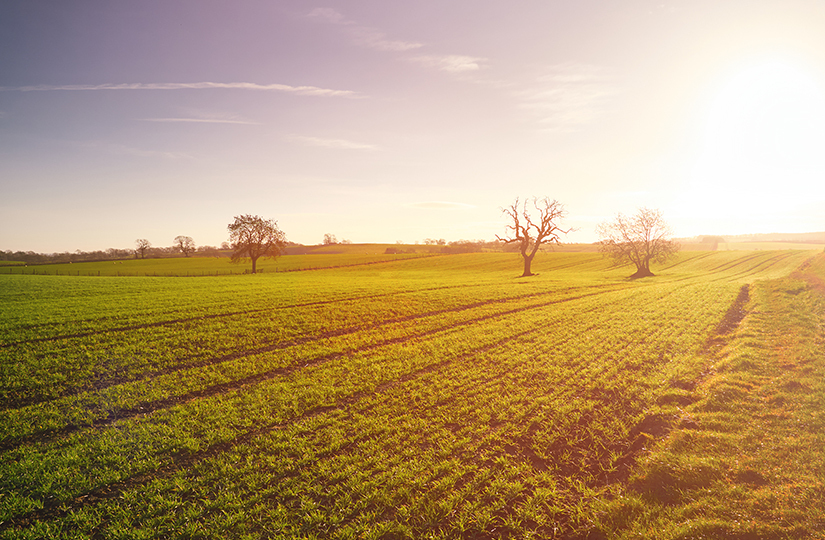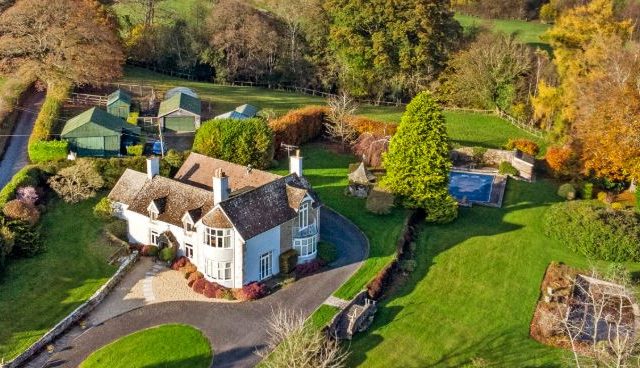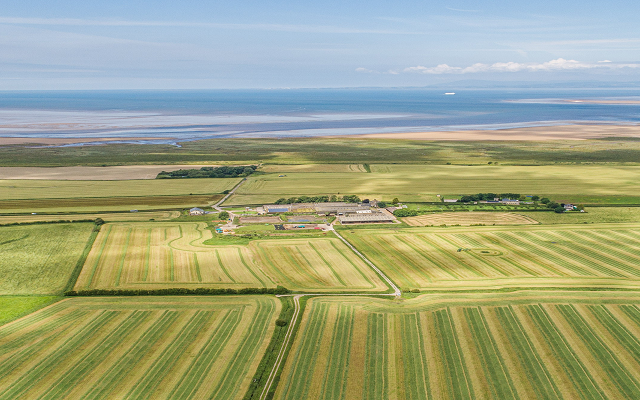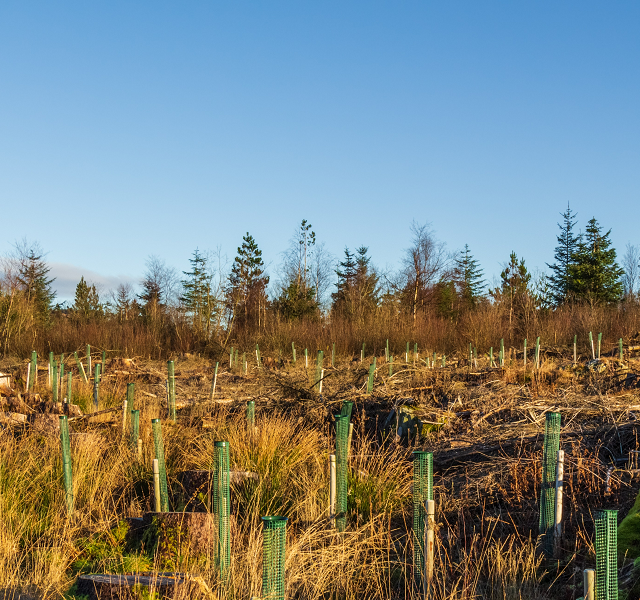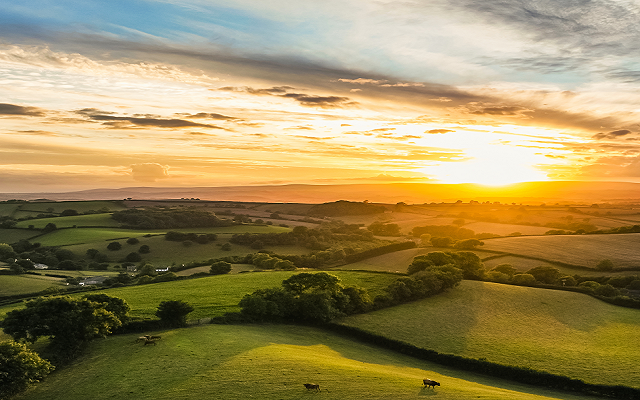Private vs Public – which way of selling land?
Variable demand and market uncertainty as a result of Covid-19 mean increasing numbers of landowners are looking to sell their land privately, rather than on the open market.
There are differing degrees of ‘private’ ranging from the most confidential sales which are only known by the seller and buyer to those which are, in practice, more known about in the market with brochures quite widely distributed. Most private sales might fall between the two, but the common feature is that the land is sold with no advertising, publicity or editorial comment.
Private sales have risen to currently account for 35-40% of the market, with uncertainty about buyer interest and concerns over mass viewings during the Covid-19 pandemic contributing to this increase. What is not clear is whether this is a sign of things to come in the future.
Certainly, some who had intended to sell on the open market are instead choosing to market privately (and some would-be sellers are choosing to hold back altogether until we are past the COVID-19 crisis).
Whether to sell privately or not is dependent on the landowner, the circumstances and the likely target market.
For commercial farms with staff, suppliers and customers, opting to do it this way allows them to continue trading as normal until a deal is concluded, lowering the risk of a negative impact on the business.
The seller will have their own preferences, and their agent can advise on what level of interest there will be from known buyers if a private sale is preferable.
Test the market
Private marketing can also test the market without exposing it to the public glare, meaning if a private buyer does not emerge, an open-market launch can occur when they are confident the conditions are correct.
Often, the perception is that a private sale can be cleaner and quicker than an open market one as there will not be the time or expense spent on a long marketing window.
Some sellers also opt for private marketing, as there is a chance of getting a higher price for the land because some buyers are willing to pay a premium to avoid it being marketed publicly, potentially generating competition.
The potential downside for the vendor is they only have one chance to sell their most valuable asset and will never know if they got the best possible price. Sometimes, where the sale is to a neighbour for a premium, it is easy to be confident that the best price has been achieved; but for others, there will always remain that element of doubt.
At a time where people are spending ever-more time online due to lockdown, and with increasingly flexible working arrangements, there is also a risk that sellers could miss out on new lifestyle buyers seeking to relocate outside of a town or city. Advertising land openly is ultimately the only way a vendor can be truly confident they have got in front of the widest possible audience and potentially achieved the best price possible.
There remain many instances when a public sale is the logical route to take, but selling privately represents a good way to test the market without fully committing to a sale and can be a good option for some owners.
We can offer advice to anyone considering selling their farm or estate privately. If you are thinking of buying land, a farm, or an estate and want to be alerted to suitable off-market opportunities, it has never been more important to be registered with your nearest Strutt & Parker farm agent. For a confidential discussion, please get in touch.
